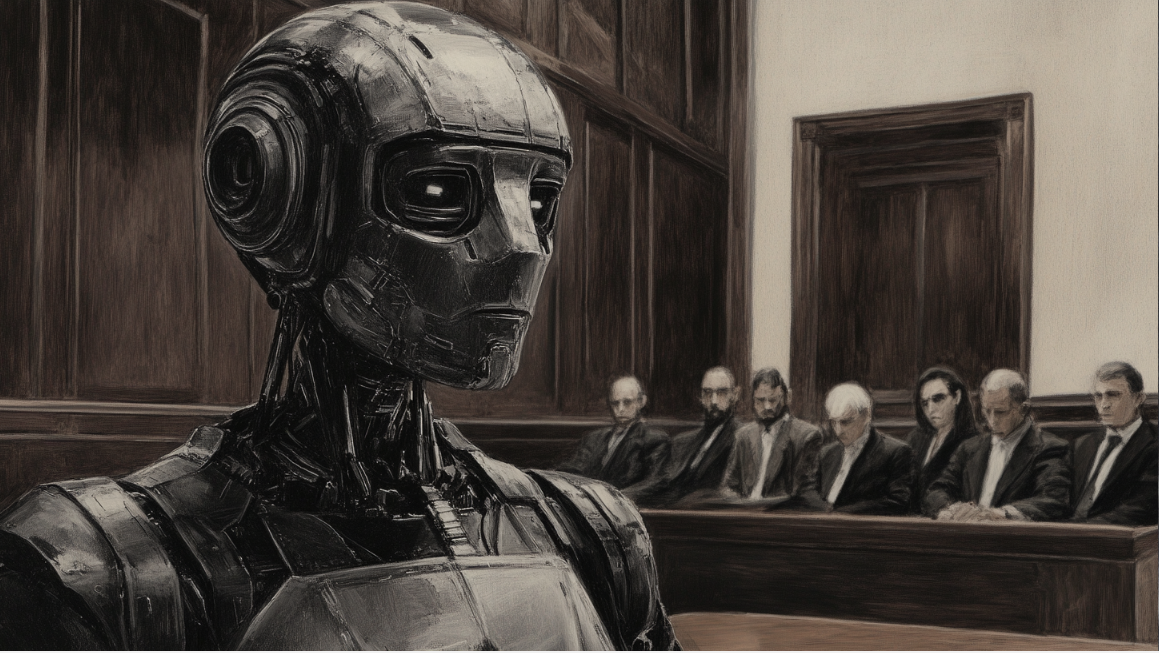Back at the dawn of the internet, publishers were concerned that blogs and other “user generated content” would create too much competition and erode the value of their professionally produced publications. Those fears are materializing in spades.
Troy Young’s analysis in his Feb. 14th email, “The Next Internet,” is very good, and relevant to this point.
Seek vs. Served. Troy characterizes the old internet as “seek.” If I wanted to know something, I would enter a query, skim through a list of results, then “go” to some web page. The developing internet, by contrast, is “be served.” The content comes to me, e.g., through a chat interface.
I would like to subdivide the “be served” internet into two models.
Model #1 involves nameless, faceless, brandless “content” that is slurped up by AI and then regurgitated / served to meet the reader’s needs. It’s not even “the commodification of content” because the AI isn’t paying for it. They just steal it. Everything goes in the database and the chatbot or your personalized AI will decide how to present it to you. The content creator is lost in the process.
Model #2 has a name and a face. It’s Joe Rogan, Megyn Kelly, Chris Cuomo, and Piers Morgan interpreting the world for you. It’s not “find me the best recipe for French Onion Soup,” or even “what should I cook for dinner tonight,” it’s “what’s Gordon Ramsay eating today?”
Both models will grow side by side in the coming months, but they both rely on content creators to feed the system. Model #1 filters content with an algorithm. Model #2 filters it through a personality.
How do the content creators get paid? In Model #1, most of them don’t. Maybe that’s becoming an outdated concept – at least for the majority of content. In Model #2, the original creators might get a shout out, but the talking head can make money through ads, memberships, subscriptions, etc. Joe Rogan is making a killing.
Publishers like to say that we need experts to create valuable content, but right now millions of people are uploading content to the internet. Most of it is garbage, but some of it is very good. The vast majority of content creators have no reasonable expectation of being paid for what they create. They do it because they like it, or they do it the way most people buy a lottery ticket, on the exceedingly unlikely chance they’ll hit the number.
What about experts? It’s not clear how much people care whether they’re getting content from an expert — partly because the “expert class” has failed us pretty dreadfully. People are drawn toward someone they trust — someone who aligns with the reader’s preconceptions.
What publishers feared in the early days of the internet – that amateur content (“blogs” in those days) would supplant the need for professional content – is happening on an accelerated basis. And then there’s AI.
How will publishers survive this? I don’t know, but two options come to mind immediately.
- Become the AI tool.
- Become the celebrity personality.
There’s still room for keen analysis
We need a glimmer of hope after that first article.
I can’t recall whether I heard this proverb from someone or made it up myself, but it’s stuck with me over the years. “When everybody’s starting a band, don’t start a band, sell band instruments.”
How does this apply to content? We’re absolutely flooded with content these days. How does the saying above apply? It could be interpreted to mean “don’t add to the oversupply of content – provide a tool for content providers.” That doesn’t help much because it’s already trivially easy to create and share content.
I was pondering this question while swimming laps one morning, then I came home to read this quote from a Bo Sacks email.
“We are surrounded by data, but starved for insights.” Jay Baer
One sensible reaction to the deluge of content is to organize, summarize, and explain it. And while that may sound like a perfect job for AI, it’s not there yet. AI is miles wide and inches deep. It can be disappointing when you pursue a subject in any depth with an AI tool. AI does amazing things, but providing “insight” doesn’t seem to be one of them.
There’s still room for human ingenuity.
These two articles will appear in the March edition of The Krehbiel Letter. If you haven’t signed up yet, please visit this page to view your free delivery options.




